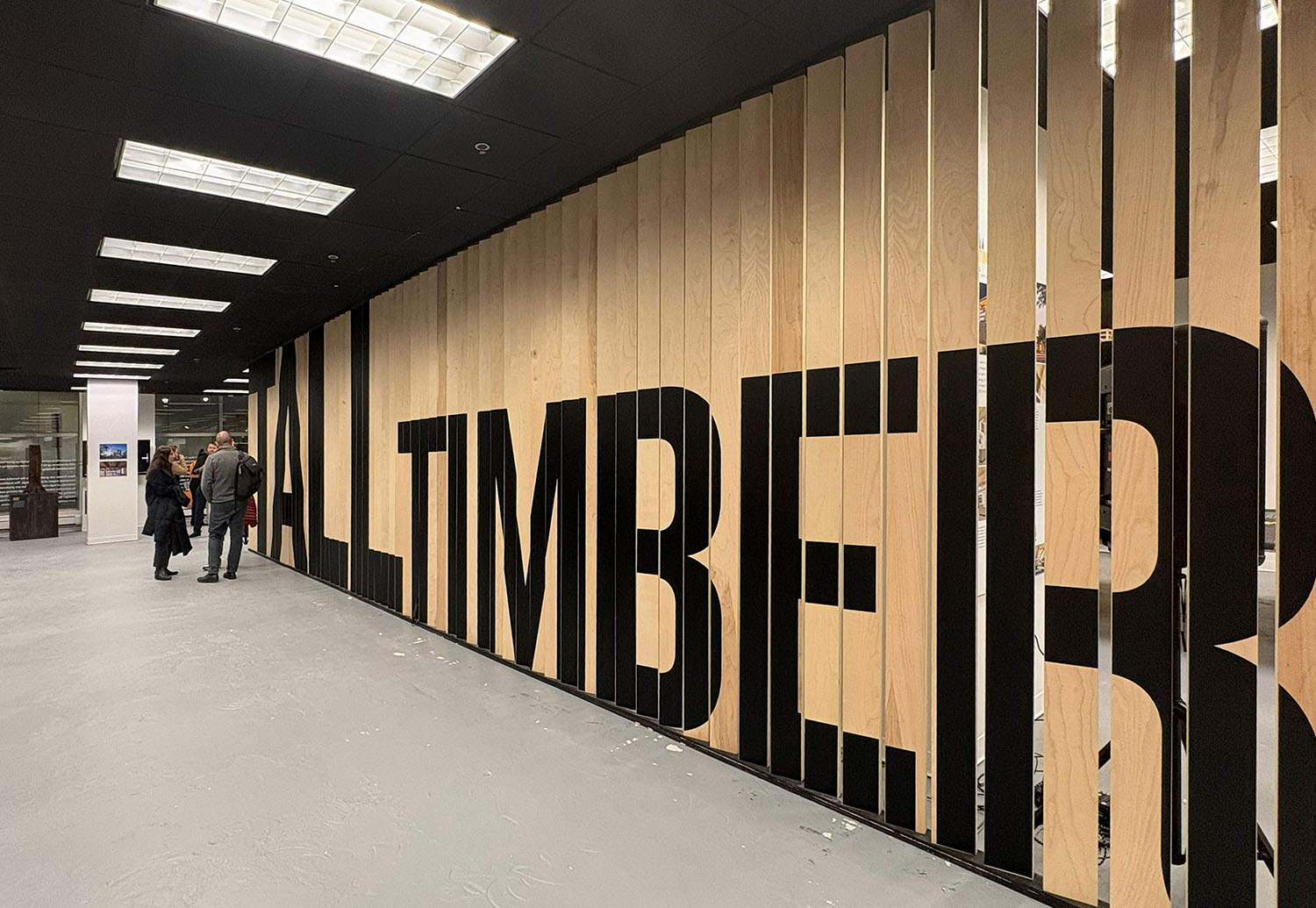
THOUGHTFUL URBAN DESIGN PRACTICES: PART 2
October 24, 2022
RETHINKING PARKING
In Detroit and other cities, developers are breaking the mold of simply providing a minimum amount of parking spaces based on zoning ordinance standards; instead, they are providing a broader suite of mobility options to residents in more creative ways. We know cars are just one way of getting around – and sometimes not even a very convenient one in dense urban neighborhoods – so we’re constantly encouraging developers and communities to consider cars, bikes, scooters, public transit, and walking as part of mobility solutions in development.
Some developers are doing things differently is to unbundle parking spaces from rent which forces residents to make conscious decisions about the costs and benefits of vehicle use and ownership. Is a parking spot really worth buying? Or can I get around another way? Since Detroit and many major cities have their share of public transit woes, being completely carless can be challenging. But in Detroit, the city has rebounded from bankruptcy, the Greater Downtown area continues to strengthen, and reasons to travel into the suburbs shrink every day.

It may also be wise for developers to rethink parking due to development costs. Instead of providing free off-street parking, UCLA Professor Donald Shoup found metered on-street parking to be much more beneficial than off-street parking. He writes: "An off-street parking space costs between $3,000 and $27,000 to build, and about $500 a year to maintain and manage. On-street parking is more efficient and can bring in as much as $300,000 per space in annual revenues."
Other mobility strategies that rethink parking include providing resident amenities and amenity spaces that promote other modes of transportation. Bike rooms, for example, have become a popular amenity space within residential buildings, now given ample square footage in well-lit, secure, and convenient rooms whereas before they were often hidden away and relegated to leftover basement spaces. Providing space for carshare/rental within a building, parking lot, or on neighborhood streets is another strategy employed by developers to reduce residents’ dependency on owning and parking a car. And transit passes are sometimes offered as a benefit to residents to promote city systems.
Finally, developers and community members are pushing back on age-old parking standards, asking cities to revise zoning ordinances to reduce or eliminate mandatory parking minimums altogether. By eliminating unnecessary parking, developers are able to save money which makes housing more affordable, and less space is used for parking which makes neighborhoods more walkable.
By using one or more of these mobility strategies in planning and development, we can help to promote other viable transit options, reduce the excessive supply of land devoted to parking, reduce costs associated with parking for both developers and residents, and ultimately reduce renters’ car dependency in major cities across the country.
NEXT WEEK: Filling the Missing Middle
RELATED NEWS

TALL TIMBER: The Future of Cities in Wood
Lorem ipsum dolor sit amet, consectetur adipiscing elit. Suspendisse varius enim in eros elementum tristique.

Celebrating Design, Community, and Creativity in Detroit
Lorem ipsum dolor sit amet, consectetur adipiscing elit. Suspendisse varius enim in eros elementum tristique.

Owning the Dream: Designing the Rocket Classic Trophy for Detroit
Lorem ipsum dolor sit amet, consectetur adipiscing elit. Suspendisse varius enim in eros elementum tristique.
